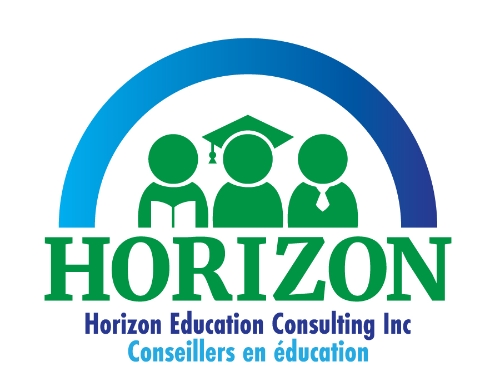September is often a month that evokes back to school for students, with images of backpacks, lunches and yellow school buses. With a growing number of adults returning to school in recent years, the extra lunch is headed with a parent to a classroom instead of a workplace. Most adult students returning to school are parents, learning to juggle the extra workload of studies with parenting, but gaining a valuable perspective on learning in today’s world that actually helps them keep connected to their kids in ways not seen before.
Adults returning to studies face the challenge of learning in a technological environment, where computer literacy is a basic necessity and handing in handwritten assignments are a thing of the past. Keyboarding skills must improve exponentially with content acquisition. Many parents rely on their kids’ ‘techsavviness’ to help them, reversing the picture of parent helping child at the dinner table to child helping parent do internet searches, Powerpoint presentations, data mining, picture collecting, doing graphs and tables with software applications and wirelessly sending in their assignments. Parents even learn the value of using their cell phones to network with fellow classmates through to text messaging and communicating with their instructors, teachers and professors through email.
For some adult students, the learning curve is steep, particularly if they are new Canadians coming from countries where learning is still a privilege, inaccessible and pencil-paper based. These adults often need a year or two just in transition time before being able to meet the expectations and pace of learning in the Ontario secondary or post-secondary system. Often they are overwhelmed and drop out and very limited statistics are available to track their challenges in order to provide the supports they need to meet their needs.
What statistics are available indicate that adults return to school primarily to pursue post-secondary education (38%) or to obtain their high school graduation diploma (28%). The remaining reasons balance out between finding work, for personal achievement and to improve English language skills (15% respectively for each one) (source: Higher Education Quality Council of Ontario , 2013)
